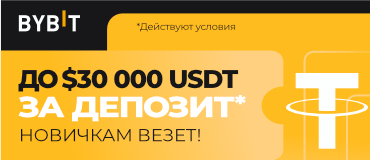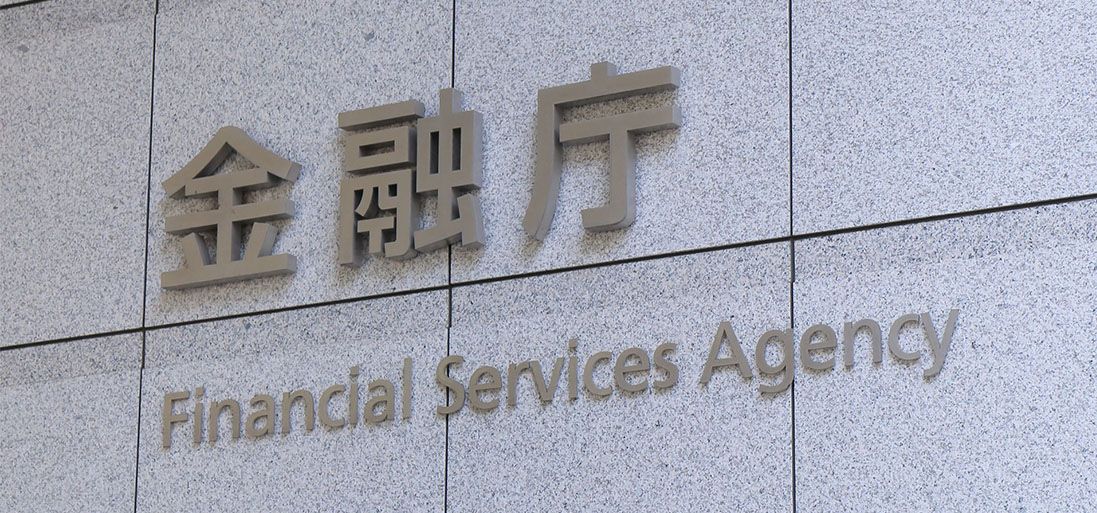In 2023, the Japanese Financial Services Agency (FSA) may lift the ban on the circulation of stablecoins issued abroad. This will affect such stable coins as USD Coin (USDC), Tether (USDT) and others. The limit of money transfers will be set at 1 million yen ($7.5 thousand) per transaction.
Representatives of the institution stated that after reviewing the resolutions of the Cabinet of Ministers and developing guidelines, they plan to apply the new rules in accordance with the Law on Payment Services. For stablecoins issued within the country, the issuer will have to prepare collateral assets as confirmation. Issuers are limited to banks, money transfer companies and trust companies.
Japanese journalists noted that as a measure to combat money laundering, distributors of stablecoins will also be required to record information about transactions and transmit it to regulators.
The Financial Services Agency (FSA) adopted a revised Law on Payment Services back in June 2010 and changes regarding cryptocurrencies will be made to it for the first time. The document should introduce rules regarding virtual currencies and stablecoins, as well as restrict the rights to issue currencies.
Behind the system changes is the assumption that stablecoins will be used as a payment method when using Web3 technology promoted by the government. In addition, the Japanese authorities stated that this type of asset would allow for fast and inexpensive cross-border transfers.
Earlier it was said that the Financial Services Agency may tighten the rules regarding algorithmic stablecoins starting next year. The fact is that this class of currencies has no physical monetary support. It was pointed out that such digital currencies carry too high risks for investors.























































